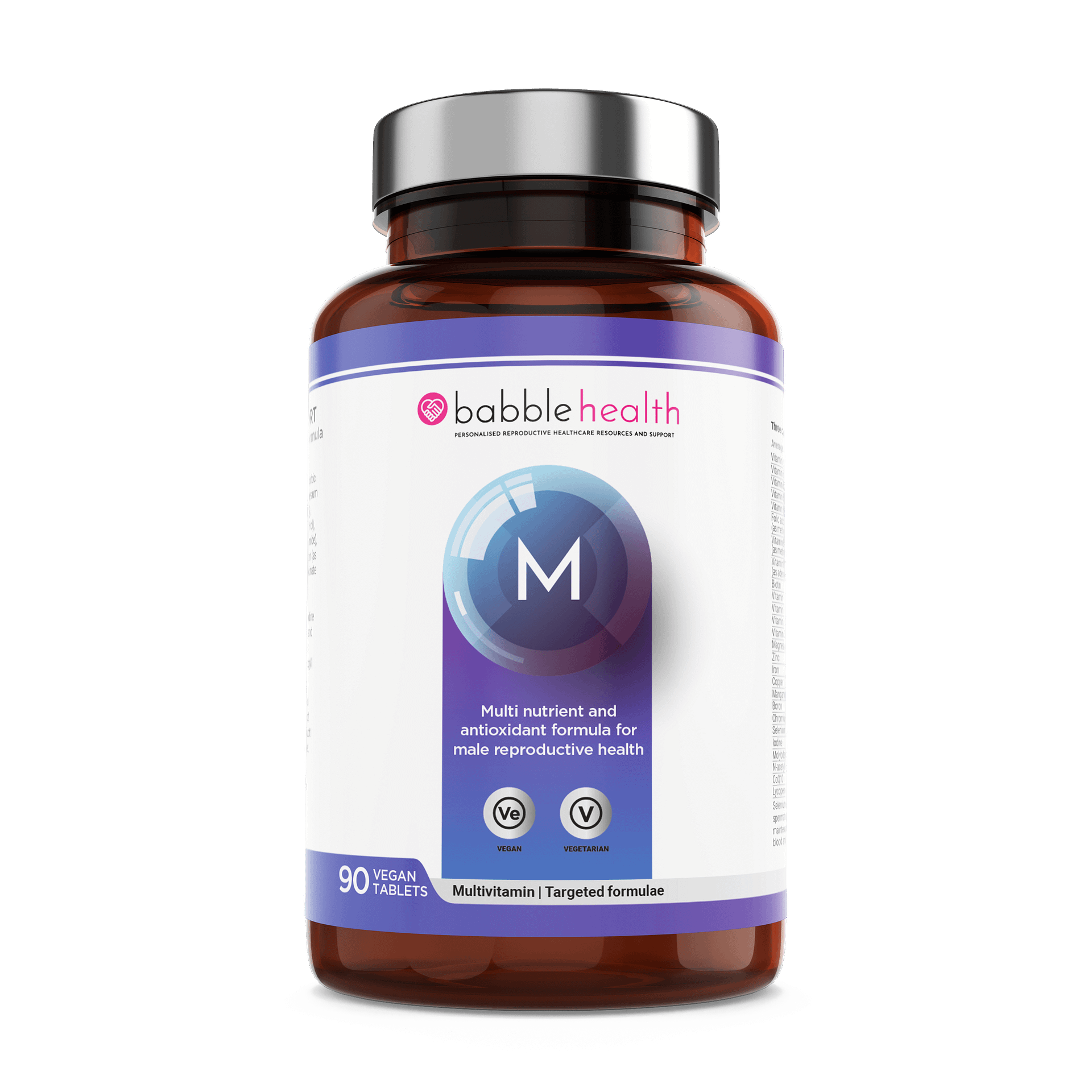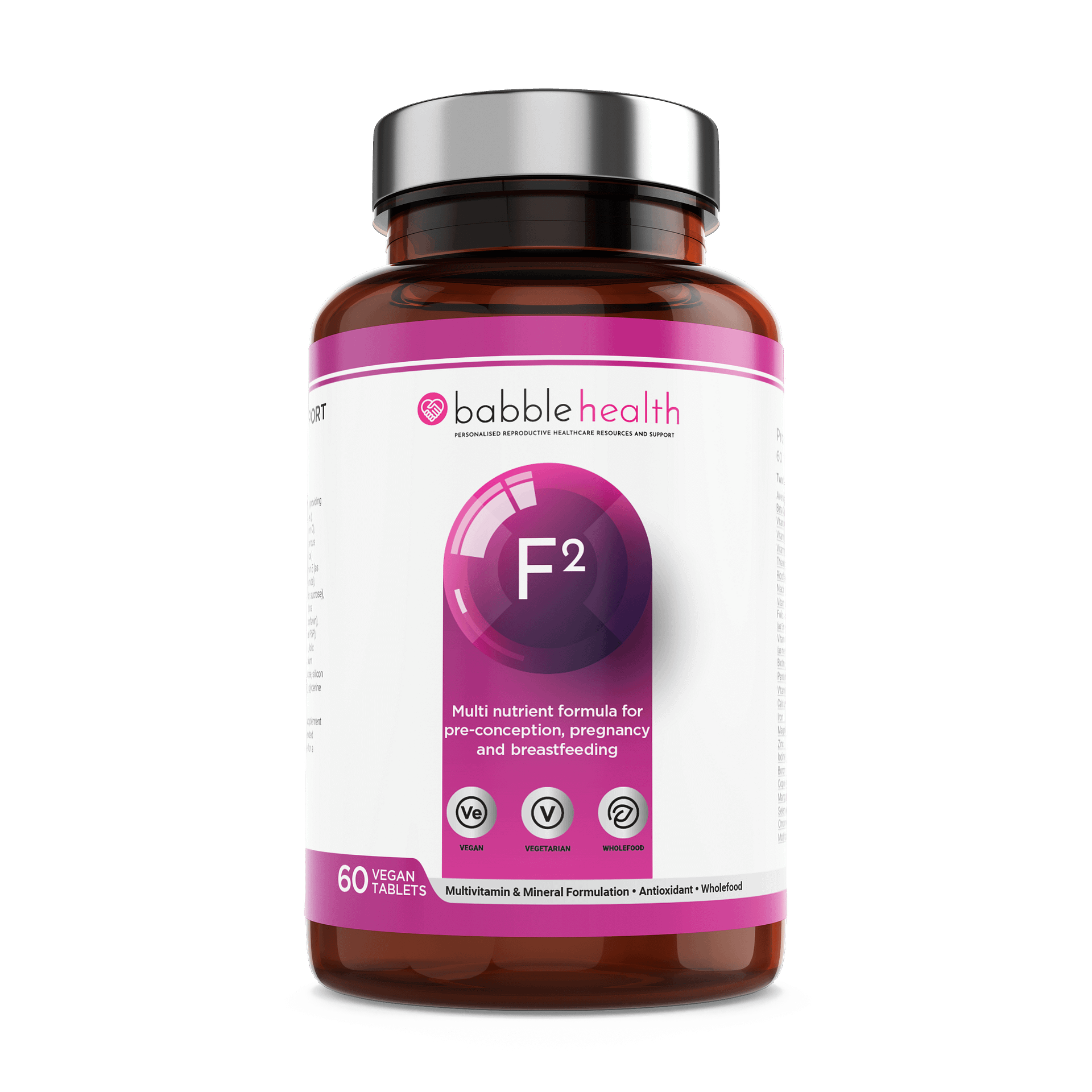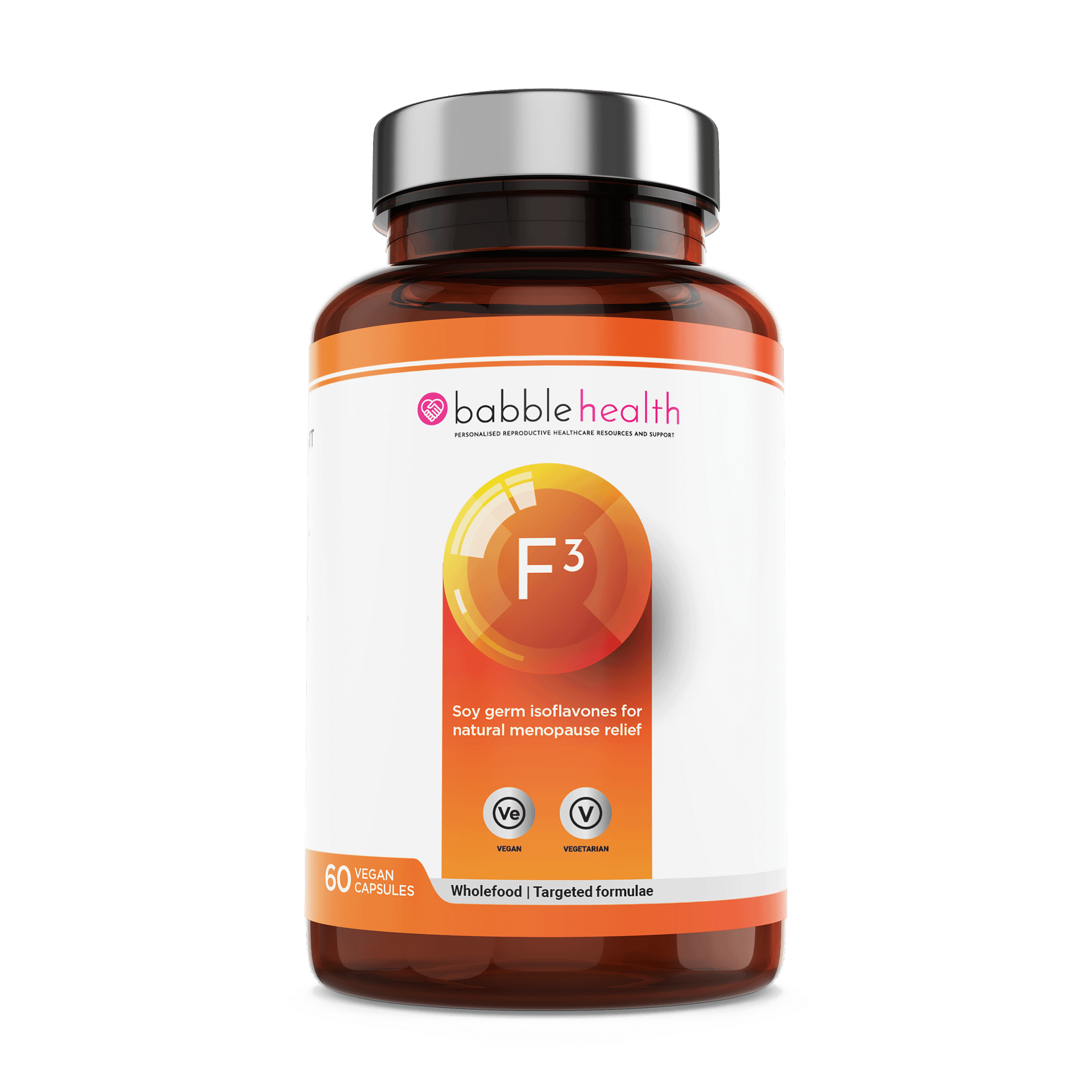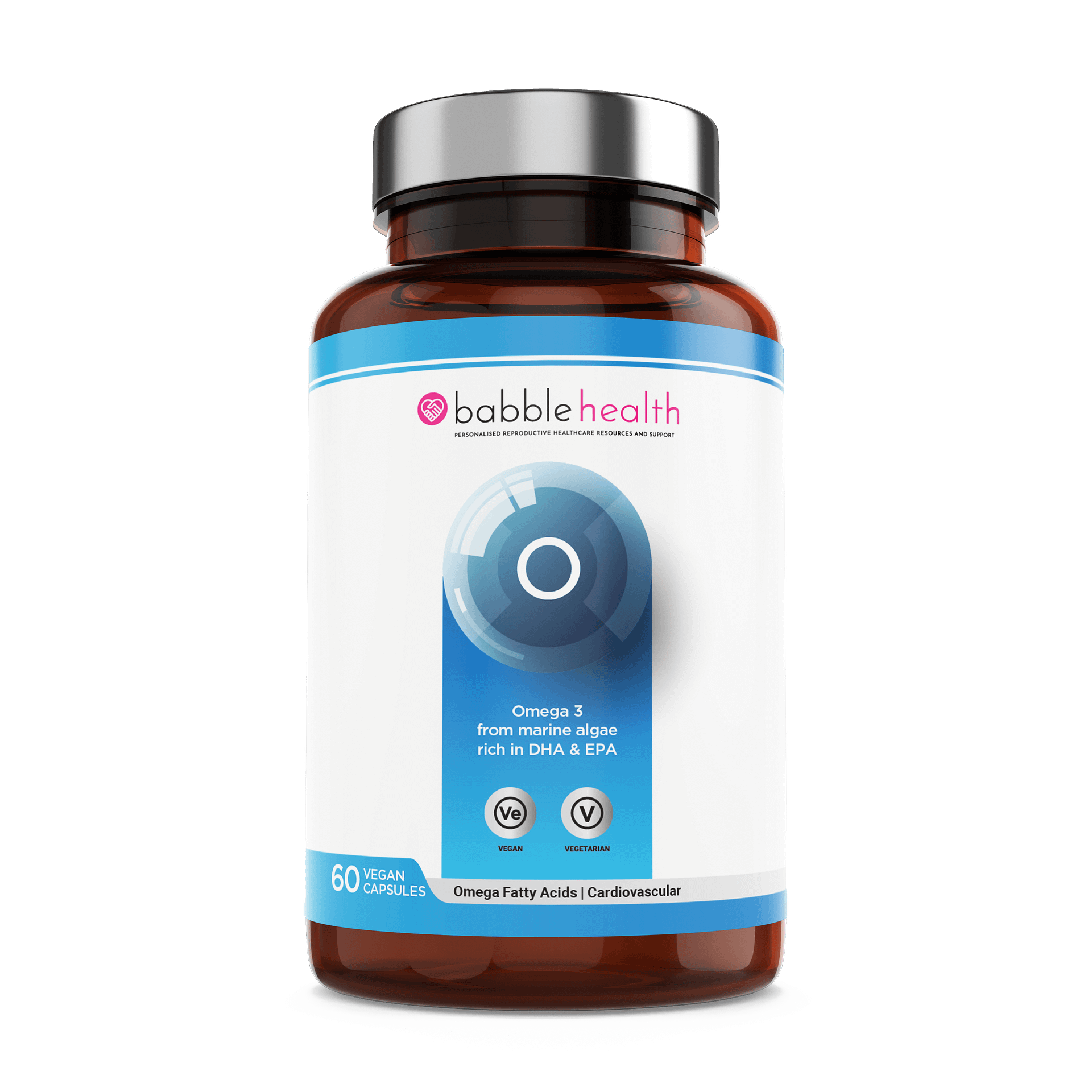By Sue Bedford (MSc Nutritional Therapy)
What is vitamin D?
Vitamin D is a fat -soluble vitamin and has an essential role in the absorption and use of calcium and phosphorus and therefore in the formation and health of bones, teeth and cartilage. It functions like a hormone and every cell in the body has a receptor for it. Vitamin D is frequently referred to as the ‘Sunshine Vitamin’ as sunlight is necessary for the synthesis of this Vitamin (which is produced underneath the skin following exposure to sunlight). Vitamin D occurs in two forms: vitamin D2, which is present in a small number of foods, and vitamin D3, which is formed in the skin when exposed to sunlight. Both D2 and D3 are converted into a form that the body can use (active form) in the liver and the kidneys. People need varying degrees of vitamin D depending on where they live and their diets.
Which foods provide us with vitamin D?
Egg yolk, Mushrooms, Sardines, Mackerel, Salmon, Milk (and dairy products- butter is a good source), Tuna, Cod and halibut liver oils. To make vitamin D more available to us, it is added to dairy products, juices, and cereals that are then said to be ‘fortified with vitamin D’. But most vitamin D – 80% to 90% of what the body gets – is obtained through exposure to sunlight.
Why is it needed by the body?
- Vitamin D is necessary for the absorption of calcium, magnesium, iron, zinc, phosphorus and other minerals.
- It helps the body to assimilate vitamin A
- Needed for the health of teeth and bones
- Necessary for the metabolism of phosphorus and calcium
- Required for kidney function
- For the maintenance of normal muscle function
- It contributes to the normal function of the immune system
- It plays a role in the process of cell division
What can cause a deficiency in Vitamin D?
People who cover their skin such as the elderly or rarely get outside into the light may be deficient. Those who live in cold climates (or far away from the equator) or in urban areas with high air pollution and limited sunlight exposure can also be affected. Owing to the kidneys’ inability to convert vitamin D, people with chronic kidney disease are at risk of deficiency.
What are the symptoms of a deficiency?
Rickets, frequent infections, hair loss, osteoporosis, tooth decay, fatigue, bone pain, mood swings, depression, muscle weakness.
Why is it important for fertility?
It is thought to help control the genes involved in making oestrogen and to help control several genes involved in the implantation of the embryo. During pregnancy, if a woman is deficient in vitamin D it has been linked to some complications such as diabetes and hypertension. Although the data for vitamin D and fertility is not conclusive, several studies have found that vitamin D blood levels of 30 ng/mL or higher are associated with higher pregnancy rates. In a recent study which sought to investigate whether vitamin D blood levels are associated with live birth rates in women undergoing fertility treatments. It found that women with a level greater than 30 ng/mL had higher live birth rates than women with lower vitamin D levels.
In men, vitamin D status has been associated with semen quality and sperm count, motility and morphology. There is evidence to suggest that if a man is not deficient in vitamin D then there is a positive effect to be seen on semen quality, testosterone concentrations and fertility outcomes. Further studies are required in this area.
Did you know?
Like humans, mushrooms can synthesize vitamin D when exposed to UV light- (because they are rich in the vitamin D precursor Ergosterol, which ultraviolet B converts to ergocalciferols, also called provitamin D2) – so why not leave your mushrooms on the windowsill in a bowl for a few hours before cooking?









